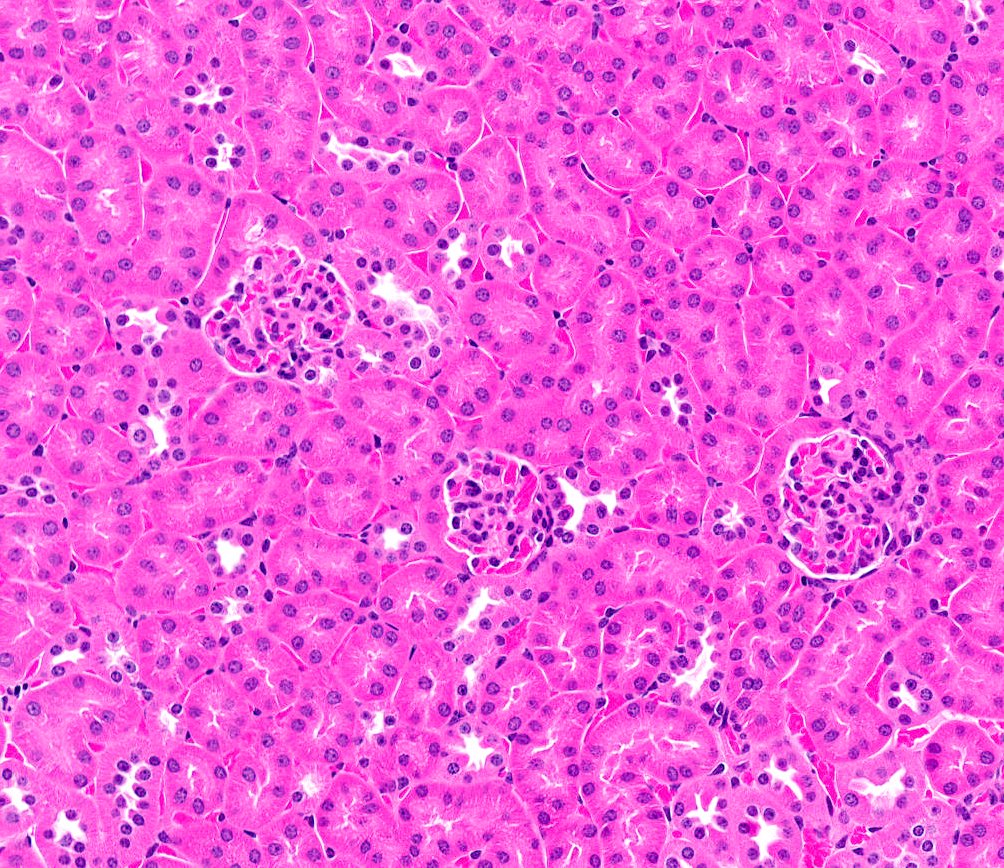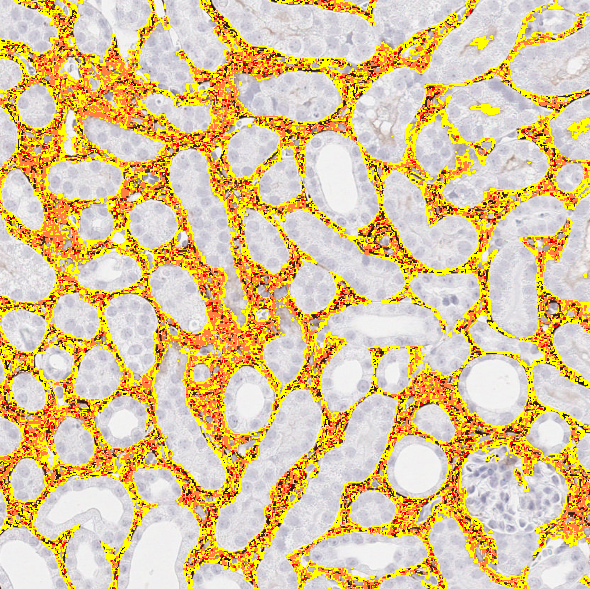At the forefront of advancing drug development, Aragen Bioscience offers progressive histology and digital pathology solutions tailored to researchers and clinicians. With extensive expertise in histological techniques and histopathology, our experts ensure reliable, reproducible results for accurate diagnosis and groundbreaking research in the ever-evolving field of pathology.
Supported by our fully equipped laboratory, featuring a tissue processor, embedding station, microtome, cryostat, tissue stainer, whole slide scanner, and digital pathology image analysis system, we specialize in high-quality tissue processing, sectioning, and staining. We leverage the state-of-the-art technology and expert analysis to provide comprehensive solutions for tissue processing, slide preparation, and digital imaging to enhance investigative accuracy and support robust data interpretation.
Our Capabilities
From meticulous sample preparation, staining, and immunohistochemistry to cutting-edge digital imaging and quantitative analysis tools, our comprehensive offerings cater to both diagnostic needs and cutting-edge research endeavors. Whether you require precise tissue microarrays, detailed histological stains, or sophisticated whole slide imaging and AI-driven pathology solutions, our expert team is dedicated to delivering accurate and insightful results to meet your scientific and clinical objectives.


- Tissue processing
- Tissue microarrays construction
- Specialized and routine staining techniques
- Immunohistochemistry
- Tissue cross-reactivity assays (non-GLP)
- RNAscope In-situ Hybridization
- Histopathology report


- Whole slide imaging
- Artificial intelligence (AI)-driven quantitative pathology
The Aragen Advantages
At Aragen, we specialize in advanced histology and digital pathology services, employing cutting-edge technology and specialized expertise. We offer:
- Proficient Team: Drawing on a team of seasoned professionals with extensive expertise in histology and digital pathology.
- Expert Histological Techniques: Comprehensive tissue processing, embedding, sectioning, and staining services ensuring precise results.
- Advanced Digital Pathology Solutions: Utilizing AI-driven precision pathology software for high-resolution whole slide imaging and sophisticated image analysis.
- Customized Pathology Reporting: Delivering detailed, standardized pathology reports tailored to research or clinical needs.
- Regulatory Compliance and Quality Assurance: Adherence to strict regulatory standards with rigorous quality assurance practices.
- Consultative Approach: Expert consultation from study design to data interpretation to optimize outcomes.
- Collaborative Partnership: Building strong relationships to meet customer objectives and drive scientific and clinical advancements.
